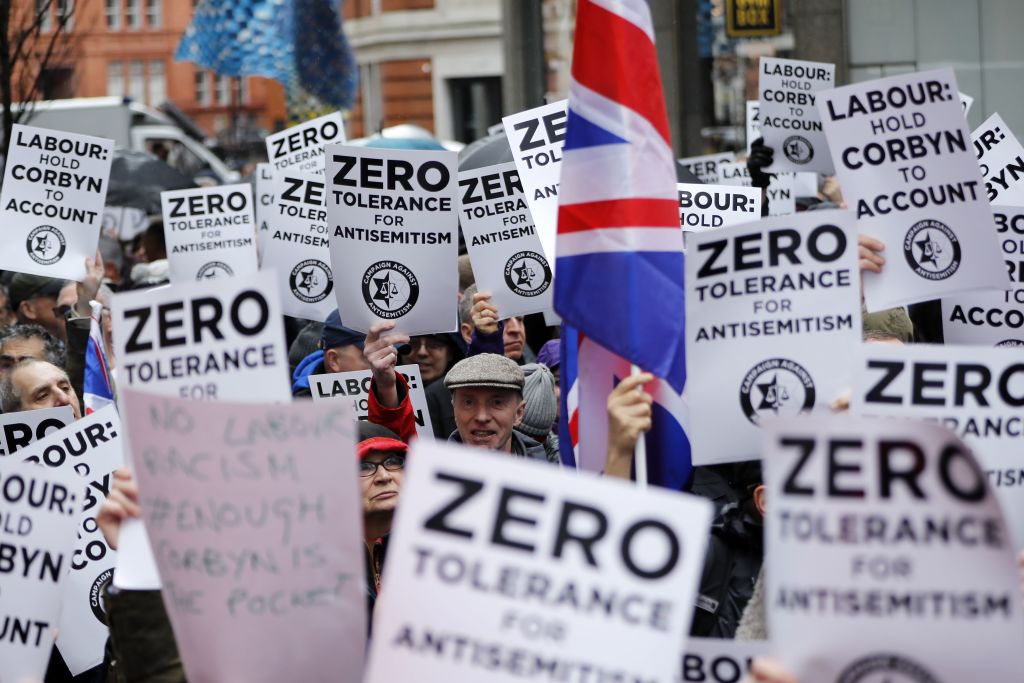How, then, does Britain treat its Jews? It’s a question that I, and many others in the community, once believed had been settled to the point of irrelevance. But when Jeremy Corbyn became Labour leader in 2015, we realised that maybe the story wasn’t quite so simple.
Things are clearer now. Last week the Equalities and Human Rights Commission finally released its report into anti-Semitism in the Labour party. It unsurprisingly damned Labour. Perhaps more surprising – though entirely in keeping with his personality – was Jeremy Corbyn’s reaction. The prevalence of anti-Semitism in the party was, he said ‘dramatically overstated for political reasons.’ That Corbyn rejected charges of anti-Semitism by resorting to conspiratorial tropes should be ironic, but being relentlessly po-faced, he doesn’t really get irony. Then again, according to him, neither do I.
Keir Starmer was having none of it, though. Just a short time later, something genuinely unprecedented happened: Labour suspended Corbyn.

Get Britain's best politics newsletters
Register to get The Spectator's insight and opinion straight to your inbox. You can then read two free articles each week.
Already a subscriber? Log in







Comments
Join the debate for just £1 a month
Be part of the conversation with other Spectator readers by getting your first three months for £3.
UNLOCK ACCESS Just £1 a monthAlready a subscriber? Log in